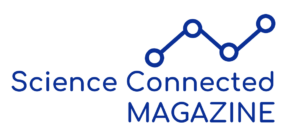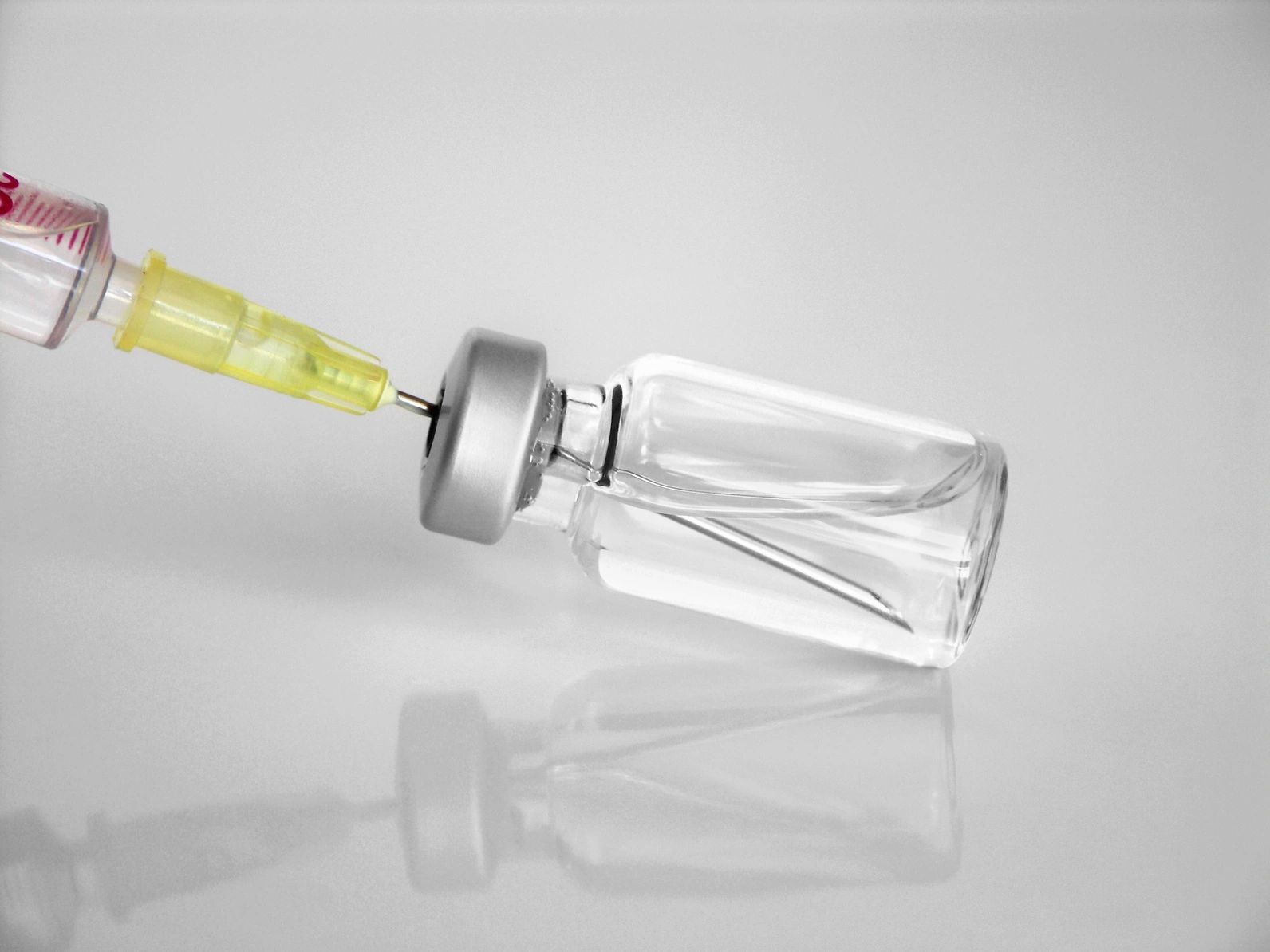Vaccine Misinformation and Social Media
Where do you get your information? Research shows that people who rely on social media for health information are more likely to fall prey to vaccine misinformation.
Surveys of nearly 2,500 Americans found that people who use traditional media are less likely to be misinformed about vaccines than social media users. Additionally, the level of trust an individual has in medical experts seems to affect the likelihood of that individual’s beliefs about vaccines changing over time.
Where do you get your information?
Think about where you get the information you use to inform your healthcare decision-making. Do you rely on social media for this purpose? Research from the University of Pennsylvania suggests that you are more likely to get accurate information from traditional media. If you have concerns about vaccines, talk to your healthcare provider. They will be able to answer your questions and provide you with up-to-date information.
RELATED: 7 SCIENTIFIC URBAN LEGENDS DEBUNKED
Social Media and the Spread of Vaccine Misinformation
During 2019 the United States reported the greatest number of measles cases seen since 1992. Most of these cases were in people who had not received the MMR (measles, mumps, and rubella) vaccine. High vaccination rates are essential to maintain herd immunity—the resistance to the spread of a disease in a population that occurs when a large proportion of the population is immune. For this reason, it is important to understand how people get information and make decisions about vaccines. To study the correlation between vaccine knowledge and media use, a nationally representative panel of Americans was surveyed in both the spring and fall of 2019. Results showed that up to 20% of respondents were at least partially misinformed about vaccines:
- 18% of respondents mistakenly agreed that it is very or somewhat accurate that vaccines cause autism.
- 15% of respondents mistakenly agreed that it is very or somewhat accurate that vaccines are full of toxins.
- 20% of respondents mistakenly agreed that it is very or somewhat accurate that it makes no difference if parents choose to spread out vaccines rather than rely on the schedule recommended by the Centers for Disease Control and Prevention (CDC).
- 19% of respondents mistakenly agreed that it is very or somewhat accurate that it is better to develop immunity by getting the disease rather than the vaccine.
Vaccine misinformation persists over time
Between the two survey periods, the level of misinformed beliefs changed in a substantive way in 19% of respondents. Of that group, 64% were more misinformed in fall than spring. The remaining 36% became less misinformed over that period of time. When a change in vaccine misinformation level did occur, media consumption patterns helped explain what made a respondent more likely to move toward more versus less accurate information.
RELATED: CITIZEN SCIENTISTS FIGHTING MISINFORMATION
When exposure to measles and MMR-related content on social media increased, so did the level of vaccine misinformation. In comparison, people who got information from traditional media were more likely to become less misinformed. This is consistent with previous research showing that social media contains increased misinformation about vaccines. Traditional media, on the other hand, more closely aligns with the scientific consensus.


Media campaigns and trust in medical experts
The two periods of survey collection occurred before and after the National Institutes of Health (NIH) and the CDC held a pro-vaccination campaign to make a case for the necessity and safety of the MMR vaccine. However, most people who were misinformed at the beginning of this campaign remained just as misinformed afterward. This speaks to the effectiveness of such government-sponsored media campaigns. Because this study was short, it is possible government campaigns like this may prove more beneficial over the long term.
RELATED: A Game Playing App May Have Just Helped Create COVID Vaccines for the Developing World
In addition to yielding insight into the effectiveness of pro-vaccination campaigns on the national level, these results are also relevant to medical experts in their interactions with individuals. Medical experts, such as healthcare providers, are a primary source of trustworthy information about vaccines. When providers are not trusted by their patients, their ability to be effective advocates is diminished. However, if they take the time to listen and explain, patients may come to accept their recommendation.
Notably, not only are inaccurate beliefs about vaccines associated with distrust of medical experts, but this mistrust is a stronger predictor of inaccurate beliefs than education, income, age, religiosity, and conservative news media consumption.
Government vs. self-regulation for social media platforms
The 2019 study highlights the importance of recent decisions made by Facebook, Twitter, YouTube, and Pinterest. In response to the measles outbreak last year, all these companies chose to reduce or completely block access to anti-vaccination information on their platforms. The presence of vaccine misinformation on social media is important from a policy perspective as well. Should big tech companies be responsible for self-regulating their content, or do governments need to play a role?
It is important to note this study examined only the correlations between media exposure, trust in medical experts, and vaccine misinformation. Correlation does not in and of itself indicate a causative relationship. Future studies should examine whether a cause-and-effect relationship exists.
This study was funded by the Science of Science Communication Endowment of the Annenberg Public Policy Center and published in The Harvard Kennedy School (HKS) Misinformation Review. You can use the link below to read the full paper.
References
Centers for Disease Control and Prevention. (2020, February 3). Measles Cases and Outbreaks. Retrieved February 23, 2020, from https://www.cdc.gov/measles/cases-outbreaks.html
Stecula, D. A., Kuru, O., & Jamieson, K. H. (2020). How Trust in Experts and Media Use Affect Acceptance of Common Anti-Vaccination Claims. The Harvard Kennedy School (HKS) Misinformation Review, 1(1). http://doi.org/10.37016/mr-2020-007


About the Author
Shelby Nilsen writes research-backed health and science content for lay audiences online. She is a full-time traveler, pathology enthusiast, and lover of bad puns. Connect with her via her website or on Instagram @shellbeegrace.
A prior version of this article was published by Science Connected on March 20, 2020.




